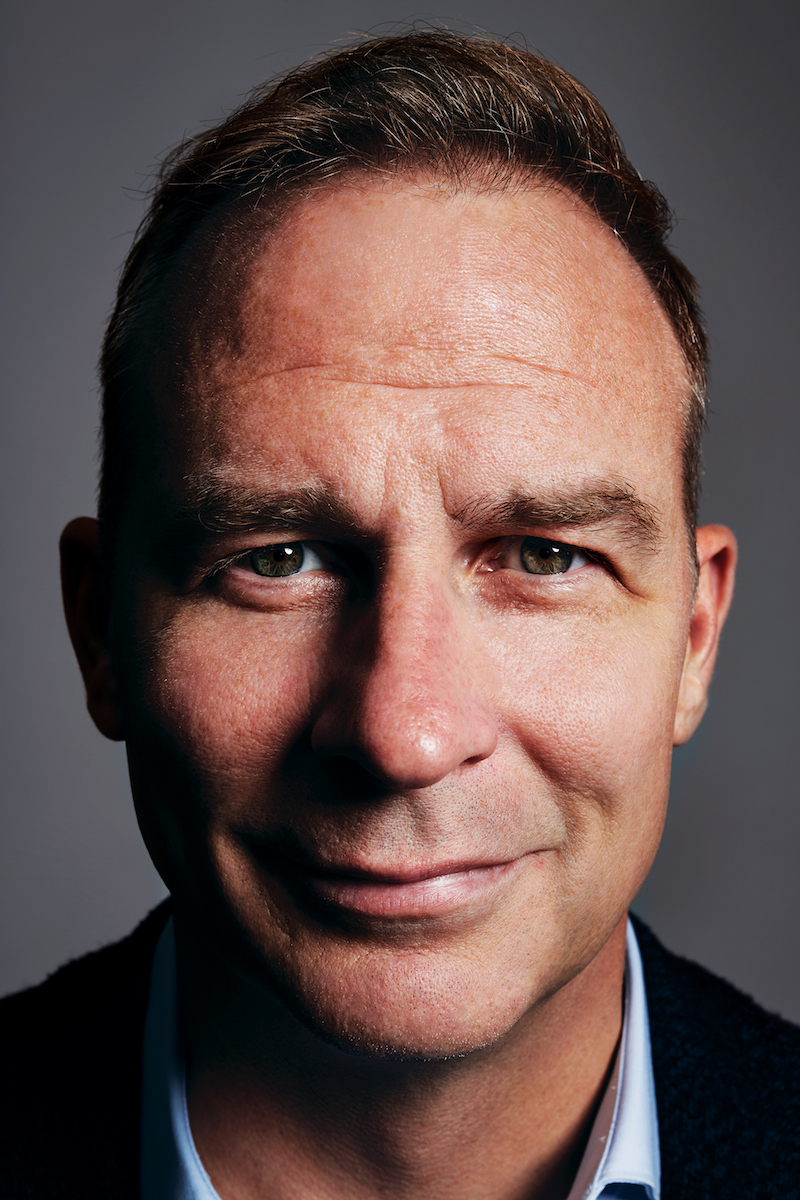Dave Hopkinson, the now former CCO of Maple Leaf Sports & Entertainment, is leaving Canada to head the business operations of Spanish soccer giant, Real Madrid.
Written by Noah Goad
Photo by Francisco Garcia
Hopkinson was one of MLSE‘s top executives and was responsible for some of the company’s top feats.
He announced the news to MLSE employees back in early June and is expected to join Real Madrid within the month. This is a move that is expected to shake up the Canadian sports world.
The Bay Street Bull staff was fortunate enough to sit down and talk with Hopkinson prior to his move.
Dave Hopkinson
Chief Commercial Officer, Maple Leaf Sports & Entertainment (MLSE)
Most chief commercial officers would call it a “major win” to secure an $800-million deal. And while David Hopkinson is excited about Maple Leaf Sports and Entertainment (MLSE)’s upcoming 20-year sponsorship agreement with Scotiabank — which will transform Toronto’s Air Canada Centre (ACC) into the Scotiabank Arena this fall — he views success and “winning” from a pragmatic perspective: “I don’t know where we are in the journey, but we haven’t come close to arriving,” Hopkinson explains. “This business will continue to grow, and we are hungrier than ever. We’ve started to see some success — Toronto FC won a championship, we had a parade, we’ve got rings coming — so we’ve really delivered the goods, but everything else is a work in progress.”
Hopkinson remembers when the arena was “a hole in the ground” — it opened in 1999, several years after he joined the newly formed Raptors as part of the ticket sales team. A merger with the Maple Leaf Gardens created the MLSE organization — and as it has grown, so has Hopkinson’s role; however, he admits, “I’ve failed as much or more than I have succeeded. I think one of the things that I’ve done is been thoughtful about where I’ve failed and why, and we learn not through our successes. We learn through our mistakes.”
He points to an example when his management team realized a hypocritical approach to teamwork: a leaderboard highlighted the top sales people. “We took it out and threw it away,” Hopkinson explains. “We revised the entire compensation system to incent cooperative and team behaviour, not individual behaviour.” Focusing on teamwork rather than internal competition was transformative. “What I noticed is that we gained immediate credibility with the staff. That correlation every day between what we’re saying and what we’re doing is so important to establish trust and credibility.”
Trust is a theme that reappears throughout our conversation. “One of the ways that an organization can really hurt itself is when what they say and what they do are not aligned,” he explains. “Even a mild misalignment really destroys the credibility of leadership, and the culture of an organization.” He’s not the only employee to boast decades with the company. “My two most important lieutenants each started with me as interns, so we have worked together more than 20 years. I actually do think the depth of a relationship you can build over time, that’s based on trust and a common vision, allows us to go fast in so many ways because we believe in each other. When you look at the organizational values, teamwork is central — we are aligned around a common purpose.”
Not surprisingly, that purpose is clear: “I don’t think you can be fully satisfied unless you, again, have a parade, have a trophy and win the ultimate prize — that is the currency of our business: winning! We want to have a good game, but we want to have a good game in pursuit of a championship.” At the same time, lately Hopkinson has a more flexible definition of personal success: “Earlier in my life I had the idea that there might be some magical finish line, and having abandoned that concept, I’m a lot happier. I think a huge piece of success is realizing that happiness during the journey is success.” – PB








